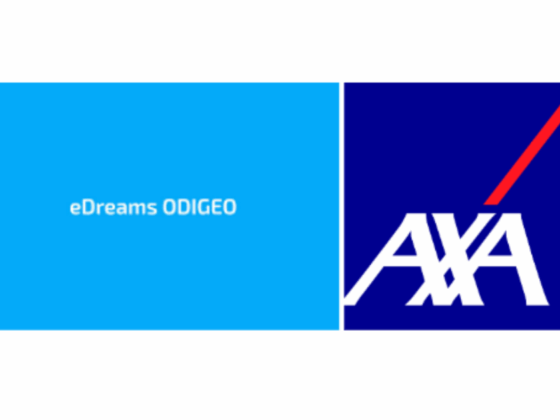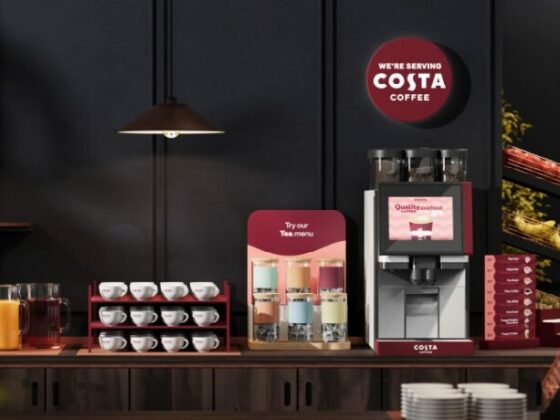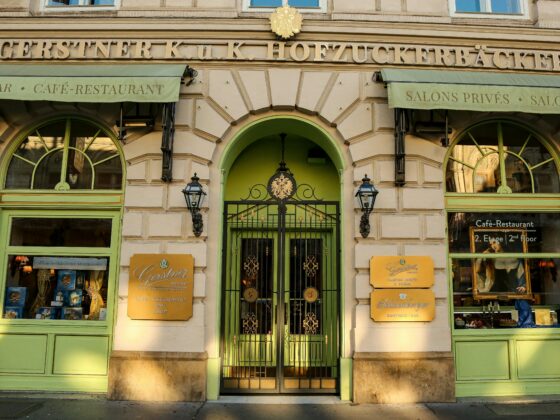
Imagine you’re navigating the dating app scene. OTAs (Online Travel Agencies) are like matchmakers who introduce your hotel to a broad pool of potential guests. You pay them a commission for every successful match (booking). On the other hand, Metasearch platforms are more like dating profile collectors, they show your hotel alongside others but let the guest choose where to book, including directly with you.
Both have their place in your hotel’s marketing strategy, but understanding their differences is key to maximizing direct bookings and reducing commission costs.
What Are OTAs? The Speed-Dating Platform
Think of OTAs like speed dating, you get in front of a lot of potential matches, but so does everyone else. Sites like Expedia, Booking.com, and Hotels.com make it easy for travelers to browse, compare, and book quickly, just like a fast-paced dating event. But while OTAs bring in plenty of potential guests, they come at a cost, every booking means paying a commission of 15% to 30%. Plus, with so many hotels lined up side by side, it’s hard to stand out. Even if a traveler “picks” your hotel, the OTA still controls the relationship, keeping your connection transactional rather than personal.
Marketing Funnel Placement: OTAs typically operate at the bottom of the funnel, capturing guests who are ready to book. They provide wide exposure, but bookings come with a hefty commission fee and limited direct guest data.
What Is Metasearch? Your Well-Connected Wingman
Metasearch platforms like Google Hotel Ads, Tripadvisor, and Kayak act as the well-connected wingman in the dating scene. They don’t create demand, but they introduce travelers to multiple booking options, including your direct website, allowing them to choose the best fit. Just like a great wingman doesn’t randomly set you up with strangers but instead introduces you to people who are already interested in your type, Metasearch Engines display your rates alongside OTAs when travelers specifically search for your hotel. This gives you the chance to drive direct bookings by showcasing your website rates next to OTAs, making direct booking an easier choice. It also allows you to maintain brand control, owning the guest relationship for remarketing, upsells, and loyalty-building. However, just like in dating, if no one knows who you are, you won’t get noticed. Metasearch only captures demand, it doesn’t create it. If your brand awareness is weak, you’ll miss out on direct bookings that should have been yours.
Marketing Funnel Placement: Metasearch hits the mid-to-bottom funnel. It captures travelers already searching for your hotel by name, making it an effective tool for converting high-intent shoppers. However, your hotel will only appear at the top of the Metasearch results if you’re actively running metasearch campaigns.
The Key Differences
- Cost: With OTAs, you pay a commission on every booking. Metasearch works on a pay-per-click (PPC) or cost-per-acquisition (CPA) model, giving you more control over spend.
- Brand Protection: If you’re not bidding on Metasearch, OTAs will dominate the results, pushing direct bookings further down the page. Running Metasearch ads helps you stay visible and competitive.
- Data Ownership: OTA bookings give you limited guest data. Direct bookings via Metasearch allow you to capture valuable guest information for future marketing efforts.
- Brand Awareness: Metasearch campaigns perform best when your hotel already has strong brand recognition.
Finding the right balance between OTAs and Metasearch is like crafting the perfect dating strategy. You want to be seen, but you also want to build lasting relationships. OTAs help cast a wide net, while Metasearch gives travelers the nudge to book directly with you. By leveraging both wisely, you’ll not only boost bookings but also strengthen guest relationships and keep more revenue in-house. In the hotel marketing dating game, making that direct connection is key.
About Cogwheel Marketing
Cogwheel Marketing™️ is a full service digital marketing agency specializing in branded hotels, first leveraging brand systems then coupling that with supplemental strategies to maximize total online presence. Their reporting and business intelligence tool, Cogwheel Analytics, aggregates data from multiple sources to allow companies to identify trends and opportunities in their online presence. Our defined processes ensure the best positioning for your hotel against the competitive set and against other hotels of the same brand. Let us work with your sales and revenue management teams to identify and close the gaps and target your ideal guests.
Stephanie Smith
Founder and Digital Matriarch
+1 540 239 1052
Cogwheel Marketing





